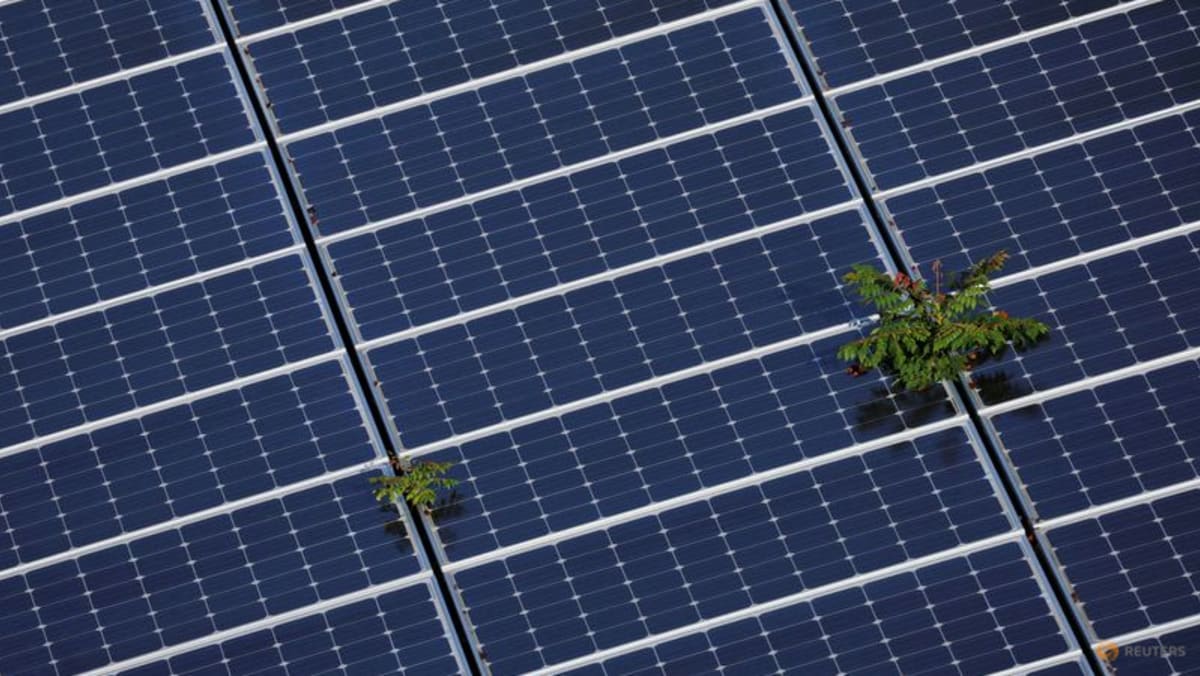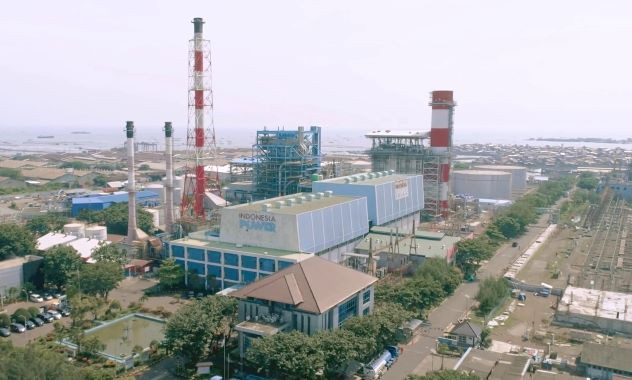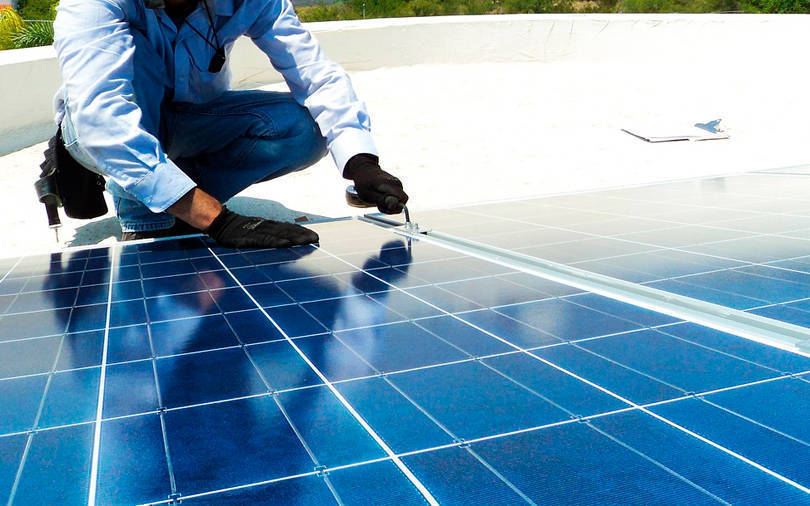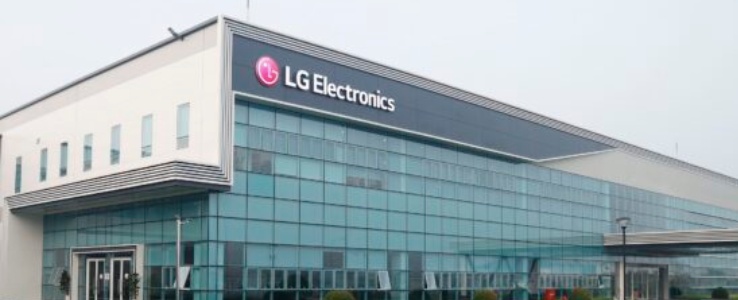The White House announced measures on Thursday to protect domestic solar energy manufacturers from Chinese competition. This strategic move includes eliminating a tariff exemption for imported double-sided solar panels and simplifying the subsidy process for using American-made products.
Strengthening Domestic Solar Energy Manufacturing
The announcement comes as President Joe Biden promotes his economic policies ahead of the upcoming election. In his climate change fight, Biden aims to increase investment in clean energy manufacturing, reducing reliance on Chinese-made goods. Removing the two-year-old trade exemption will subject bifacial panels, now the dominant technology in utility-scale solar projects, to duties.
Tariff Adjustments and Industry Impact
In addition to scrapping the exemption, Biden will end a waiver on tariffs for solar panels made by Chinese companies in Malaysia, Cambodia, Thailand, and Vietnam. This waiver, initially granted to help U.S. project developers remain cost-competitive, is no longer necessary. U.S. manufacturing has since expanded, but faces competition from a surge in Chinese solar factory capacity, which has driven down prices.
“These actions will boost domestic solar producers, but Chinese oversupply’s impact on U.S. solar investments remains challenging,” said John Podesta, Biden’s senior adviser for international climate policy, in a call with reporters.
Incentivizing U.S.-Made Solar Products
The Treasury Department issued new rules to make it easier for clean energy project developers to qualify for a tax credit incentivizing the use of U.S. equipment. This 10% domestic content bonus adds to a 30% credit for renewable energy facilities under Biden’s landmark climate change law, the Inflation Reduction Act (IRA).
Previously, developers struggled with the complex rules to claim this bonus. The IRA specifies that 40% of a project’s manufactured products must be made in the U.S., including solar panels, inverters, and battery packs. Determining costs for products built with components from multiple suppliers worldwide proved challenging.
Simplified Qualification Process
Under the new rules, developers can use default cost percentages determined by the Department of Energy to qualify for the credit. Treasury is also considering additional rules to help offshore wind developers qualify for the domestic content bonus and ways to incentivize solar wafer manufacturing.
Qcells, a division of Korea’s Hanwha Corp investing $2.5 billion in U.S. solar factories, praised the Biden administration’s measures. They stated these steps are “critical to creating tens of thousands of jobs in America.”
Conclusion
The White House’s initiatives aim to fortify the U.S. solar energy market against Chinese competition. By adjusting tariffs and simplifying subsidy qualifications, these actions are expected to support domestic solar energy investment, spur job creation, and advance the country’s green energy policies.
As the solar energy market evolves, these developments reflect the Biden administration’s commitment to fostering sustainable growth and energy independence in the United States.
Source:channelnewsasia.com





